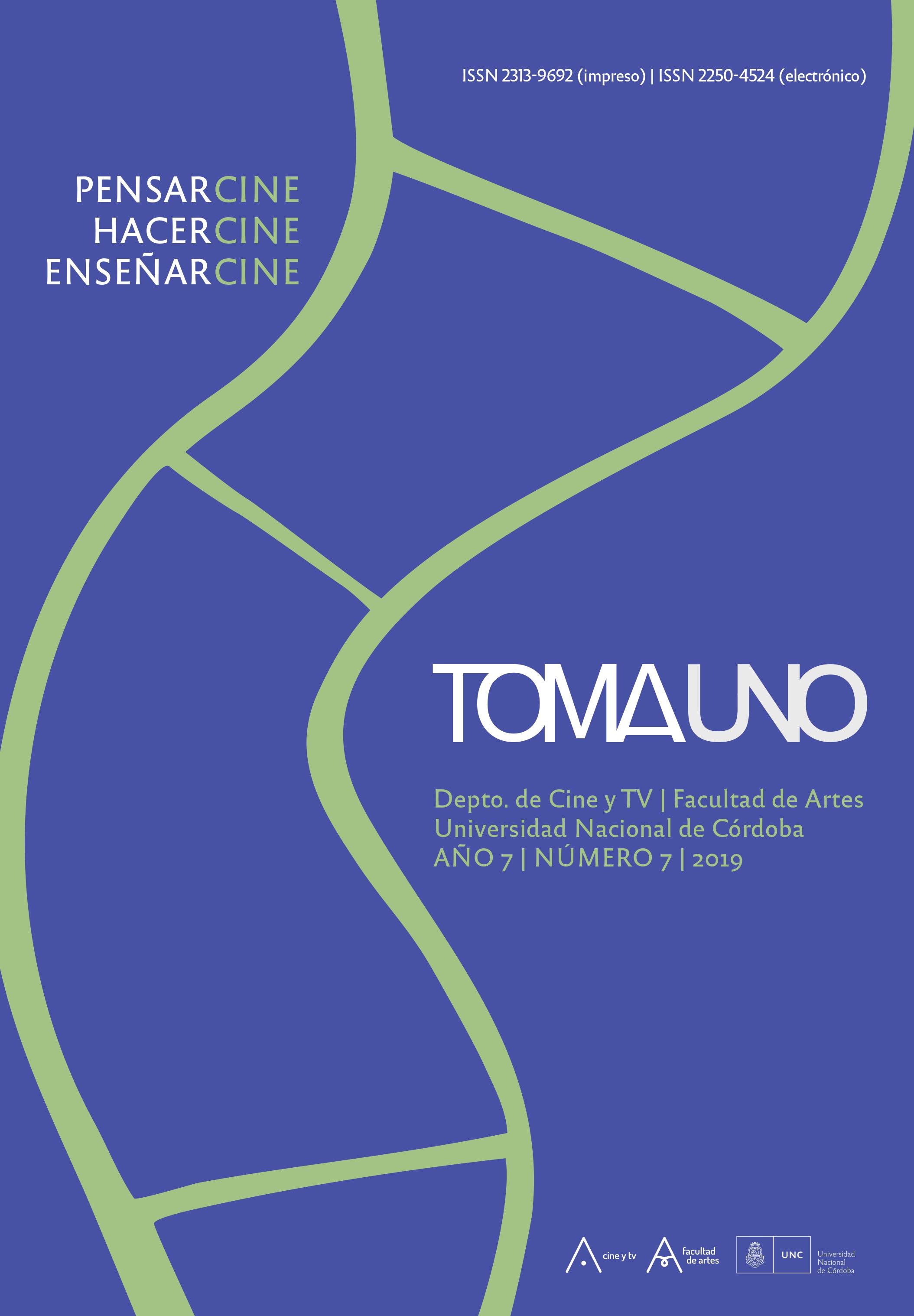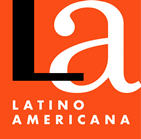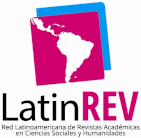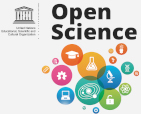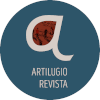Television talks about itself: The Office and fake-reality fiction as a metatelevision trace in XXI century
DOI:
https://doi.org/10.55442/tomauno.n7.2019.26199Keywords:
audiovisual discourse, mockumentary, metatelevision, reality show, representationAbstract
Historically, television has established itself as a place of production of meaning anchored to cultural and ideological determinants. One of the consecrating products of the medium has been the series of fiction, maintained as a constant in the television proposal over time.
However, throughout the different periods of its history, television has become increasingly permeable to mutations and hybrids of its own discursive structures. The series have not escaped this transformation, giving rise in recent days to a new type of format: the fiction of false reality.
From this perspective, it is proposed to approach the main features of what the author Mario Carlón has called metatelevision, considered the most recent period of the medium, and false reality as a byproduct of that stage. Taking as a reference the British series The Office, we will observe the way in which the television discourse is subject to displacements, both in the conventions of the genre, in the relation that the spectator maintains with the television product, and in the problematics between the real and the fictitious thing that the new audiovisual representations provoke in the 21st century.
Downloads
References
Albert, P. y Tudesq, A.-J. (2001). Historia de la radio y la televisión. México D.F.: Fondo de Cultura Económica.
Carlón, M. (2004). Sobre lo televisivo. Dispositivos, discursos y sujetos. Buenos Aires, Argentina: La Crujía.
Eco, U. (1999). La estrategia de la ilusión. Madrid, España: Lumen.
García Canclini, N. (2001). Culturas híbridas. Estrategias para entrar y salir de la modernidad. Buenos Aires, Argentina: Paidós Ibérica.
Gordillo, I. (2009). La hipertelevisión: géneros y formatos. Quito, Ecuador: CIESPAL.
Hernández Pérez, E. (2013). La autorreferencialidad ante el espectador en VoD: el caso Netflix y Arrested Development. I Congreso Internacional de Comunicación y Sociedad Digital. Universidad Internacional de La Rioja, Logroño, España.
Imbert, G. (2008). El transformismo televisivo. Postelevisión e imaginarios sociales. Barcelona, España: Gedisa.
León, B. (2009). Telerrealidad: el mundo tras el cristal. Sevilla, España: Comunicación Social Ediciones y Publicaciones.
Perales Bazo, F. (2011). La realidad mediatizada: el reality show. Revista Internacional de Comunicación Audiovisual, Publicidad y Literatura, 1(9), 120-131.
Scolari, C. (2008). Hipermediaciones: elementos para una teoría de la comunicación digital interactiva. Barcelona, España: Gedisa.
Vilches Manterola, L. (2017). Diccionario de teorías narrativas: cine, televisión, transmedia. Madrid, España: Caligrama.
Weinrichter, A. (2005). Desvíos de lo real: el cine de no ficción. Madrid, España: T&B Editores.
Filmografía
Armisen, F., Hader, B., Meyers, S. y Thomas, R. (Creadores) (2015-presente). Documentary Now! [serie de televisión]. Estados Unidos: Broadway Video.
Clattenburg, M. (Creador) (2001-presente). Trailer Park Boys [serie de televisión]. Canadá: Showcase Television, Topsail Entertainment y Trailer Park Productions.
Daniels, G. (Creador) (2015-2013). The Office [serie de televisión]. Estados Unidos: National Broadcasting Company y Universal Pictures Television.
Daniels, G. y Schur, M. (Creadores) (2009-2015). Parks and Recreation [serie de televisión]. Estados Unidos: National Broadcasting Company, Deedle-Dee Productions y Universal Media Studios.
Gervais, R. (Director) (2016). David Brent: Life on the Road [serie de televisión]. Reino Unido: BBC Films y Entertainment One.
Gervais, R. y Merchant, R. (Creadores) (2001-2003). The Office [serie de televisión]. Reino Unido: BBC Films.
Hurwitz, M. (Director) (2003-presente). Arrested Development [serie de televisión]. Estados Unidos: 20th Century Fox Television e Imagine Entertainment.
Jarecki, A. (Director) (2015). The Jinx: The Life and Deaths of Robert Durst [serie de televisión]. Estados Unidos: HBO y Blumhouse Productions.
Levitan, S. y Lloyd, C. (Creadores) (2009-presente). Modern Family [serie de televisión]. Estados Unidos: American Broadcasting Company.
Ricciardi, L. y Demos, M. (Directoras) (2015-presente). Making a Murderer [serie de televisión]. Estados Unidos: Netflix.
Yacenda, T. y Perrault, D. (Productores) (2017-presente). American Vandal [serie de televisión]. Estados Unidos: Woodhead Entertainment.
Downloads
Published
Issue
Section
License
This work is licensed under Creative Commons Attribution-NonCommercial-NoDerivs 2.5 Argentina .

